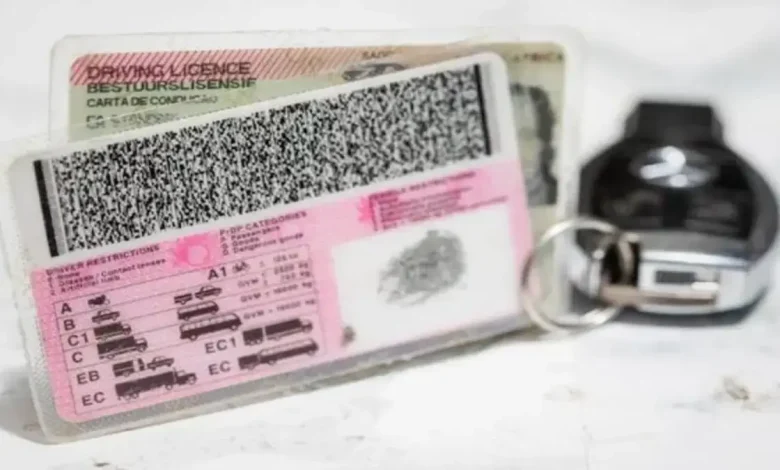Limited Validity on Driving Licence Cards Fails to Improve Road Safety, Say Experts

The policy of issuing driving licence cards with limited validity periods in South Africa has come under renewed scrutiny. Experts argue that it offers no proven benefit to road safety. In fact, some suggest it may have even worsened the situation.

According to Rob Handfield-Jones, managing director of Driving.co.za and a respected authority on road safety, there is no credible research linking short licence card validity periods with improved safety on South Africa’s roads.
“There’s no evidence that the introduction of licence cards had any positive effect on road safety,” he said. He added that any potential benefit has likely been overshadowed by widespread corruption within the licensing system and a shift in traffic enforcement priorities toward revenue collection.
A History of Deteriorating Safety
The current licence card system was introduced in 1998, replacing the indefinite licences previously printed in South Africans’ ID books. That same year, the country recorded its lowest-ever road fatality rate—6.9 deaths per 100 million vehicle kilometres. Within eight years, that figure had doubled. Since 2006, the Road Traffic Management Corporation (RTMC) has stopped publishing these critical statistics.
Despite the intended purpose of encouraging regular medical screening, especially eye tests, the system’s effectiveness is questionable. The Organisation Undoing Tax Abuse (OUTA) has long argued that licence expiries were primarily implemented to assess drivers’ physical fitness. However, experts remain unconvinced this method is producing the desired results.
Global Comparisons and New Recommendations
The issue was reignited after the Department of Transport confirmed plans to extend the validity of driving licence cards from five to eight years. This decision follows a review by engineering consultancy Zutari. The review compared South Africa’s practices with those of countries with superior road safety records.
Zutari’s findings revealed that developed nations with lower accident rates far outperformed countries with shorter renewal periods. In contrast, those with less than five-year validity spans often relied on outdated paper-based licences and suffered from weaker road safety performance.
The consultants urged the government not to blindly adopt international standards but instead to tailor policy to local conditions. Nevertheless, they supported an eight-year validity period for South Africa’s current laminated cards. They even suggested a 10-year term for future polycarbonate cards.
Mixed Signals from the Government
The former transport minister, Fikile Mbalula, had committed to presenting the proposed eight-year period to Cabinet. However, his successor, Sindisiwe Chikunga, maintained the five-year period, citing concerns over public health and a lack of regular eye screenings among South Africans.
Current Transport Minister Barbara Creecy has since confirmed that steps are underway to extend the card’s lifespan. This indicates a shift toward the recommendations from Zutari and broader global best practices.
Experts Call for a Digital, Health-Focused Approach
Handfield-Jones has gone further, calling for the complete elimination of physical licence cards and fixed validity periods. He advocates for a digital driving record system, where licences remain valid indefinitely unless revoked for medical reasons.
“Crash risk is lowest around age 65 but starts climbing after 70 due to health issues,” he explained. “For drivers over 80, the risk is significantly higher, so mandatory re-testing at that stage is justifiable. But for most adults, there’s no need for arbitrary card expiries.”
He does, however, support regular eye testing. He suggests that optometrists should electronically submit vision screening results every five years to ensure drivers remain fit to operate vehicles.
Time to Rethink Licence Expiry Rules
South Africa’s limited validity driving licence cards have failed to demonstrate any road safety benefit. With mounting evidence pointing to corruption, inefficiency, and lack of impact, experts say it’s time for a smarter, health-focused approach. Such an approach should include digital systems and medical checks, not bureaucratic renewal cycles. As policy shifts gain traction, South Africa could be on the road to a more effective and transparent licensing system.
Related article: What to Do if You Lose Your Driver’s License



